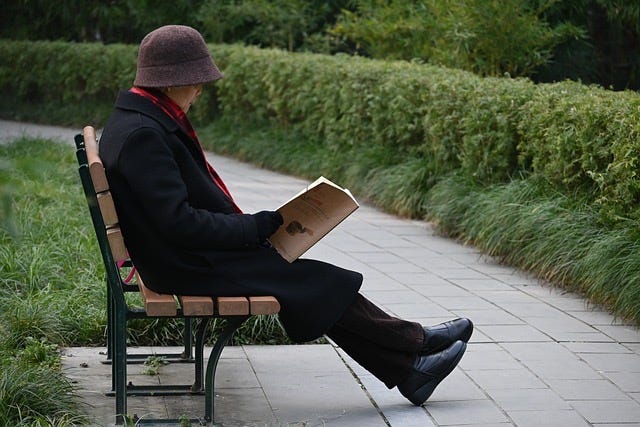My students think that fiction is a lie. That it is made up and it can’t be, couldn’t be, more than the imagination of a writer. They were taught during some point that fiction means fake or not true, and so they ease into the safety of disassociation: if it’s fiction it is not true and if it is not true it does not impact me.
So, I remind them of the movie Zootopia. It’s a challenge seeing adorable Judy Hopp as something bigger than her pixels, but students slowly begin to understand the allusion. A cute little movie with animals and a bunny who wants to be more than just a traffic cop, she wants to be on par with the bigger animals, the detectives. The ones who do the real work.
How is the cute movie a sliver of the truth? Well, ever feel caged in? Boxed in? Or disregarded?
That cute little bunny is starting to make some sense, isn’t she?
There is power in fiction, in the way it makes us feel safe from harm. In the way it gives us distance to observe the way the world works without truly engaging in it.
The superpopular movie and musical Wicked is the same way. The Handmaid’s Tale is littered with events that actually happened at some point in history. Dystopian fiction follows a natural thread of events to its inevitable conclusion, as is the case with Octavia Butler’s Parable of the Sower.
The danger of assuming fiction as untrue is losing the fiction we need to see ourselves, the mirror of our humanity. With each banned book and removed book, a piece of our humanity is taken away. It is no surprise that the first and perhaps easiest books to band are of, for, and about those who have been othered.
In this way, we are deciding what it means to be human, how it is defined and categorized, and examples of it. A banned book is beyond just having a seat at a figurative table. Banning a book is erasure on a sinister level. When an experience or the tales of a people are erased, how easy it is to strip them of humanity. How easy it is to see them as less, beneath, unworthy. How easy it is then to spit, hurt, harm, and dismember a being if it doesn’t register that they have a soul. Soulless. Not even worthy of breathing.
This is what happens when a book is banned, taken off a shelf, or thrown from hands that yearn to understand a hostile world.
And yet, this has happened before. Here and everywhere, it seems. The Nazis knew the cost of books — they gave ideas. And once an idea is born, it is wildfire. The Tuscan School board knew that when they banned Mexican American Studies, calling it UnAmerican, but … what’s more American than being proud of what makes you you?
But what about something more tangible? Books like The Bluest Eye, The Fire Next Time, Beloved; books about gender, being queer, being trans, discovering being queer or trans; books about combating colorism, bigotry, racism, xenophobia; books about surviving all that and then some — are losing their homes on the bookshelf of public and school libraries. And thus, we become less empathetic, less kind, and less … human.
Ultimately, we lose each other.




